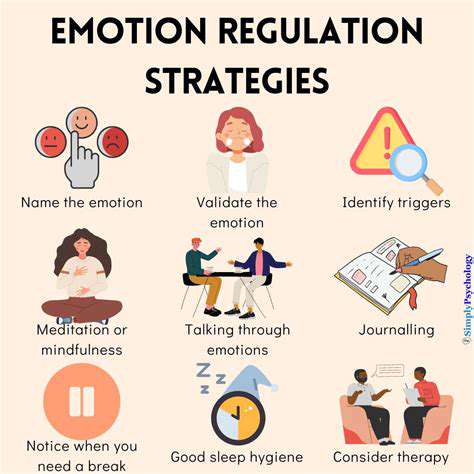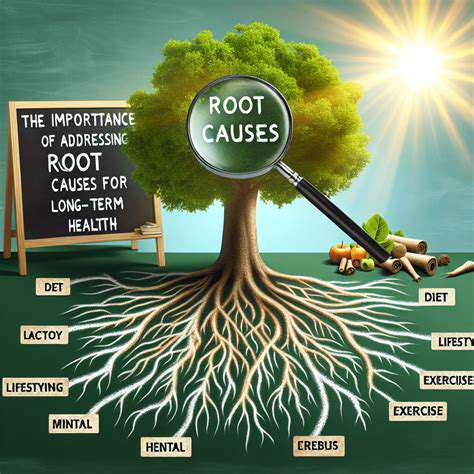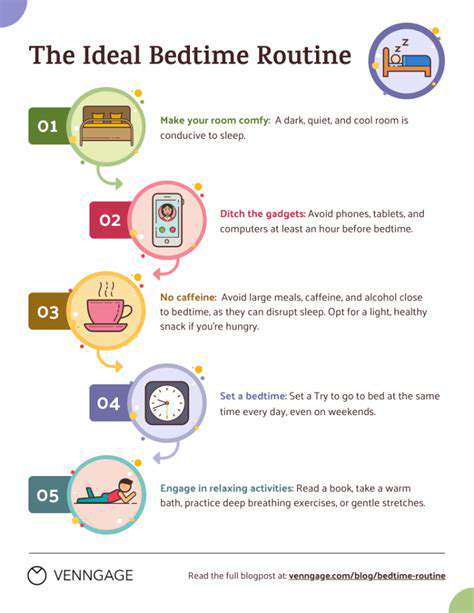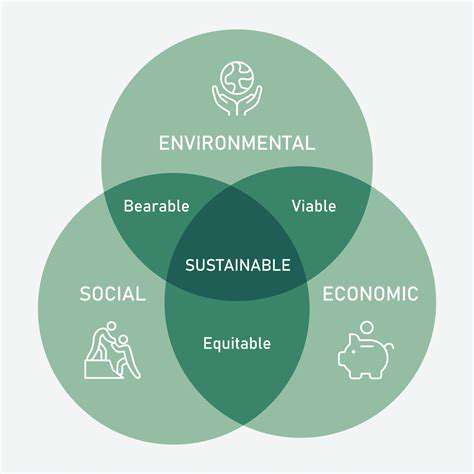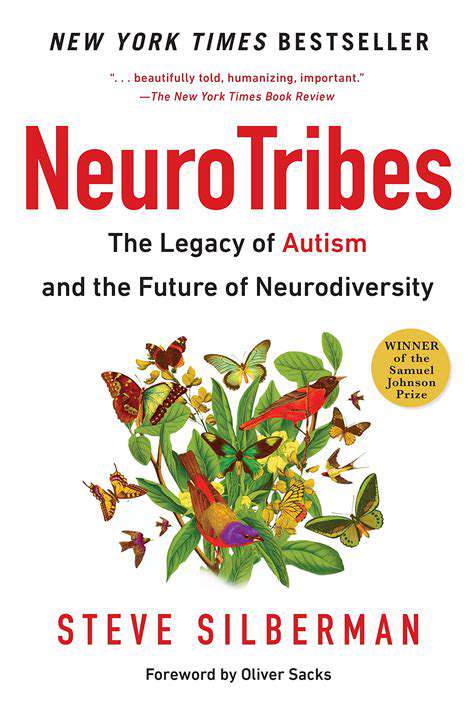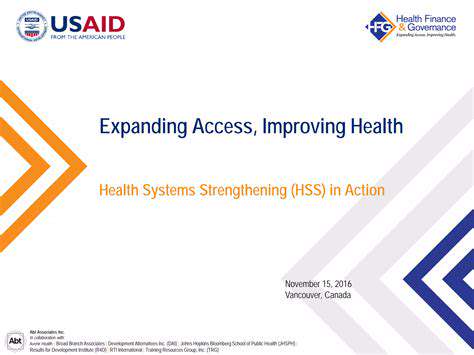Rethinking Self Care: Towards a Sustainable Model
Understanding the Core of Self-Care
Self-care isn't just about indulging in a spa day or an hour of quiet contemplation; it's a multifaceted approach to nurturing your well-being. It encompasses a wide range of activities, from simple acts of mindfulness to more structured routines. This crucial aspect of personal well-being involves actively prioritizing your physical, emotional, and mental health, recognizing that your overall well-being is interconnected and affects every aspect of your life.
Often, people misunderstand self-care as a luxury, a selfish indulgence. However, a more accurate perspective is that self-care is an essential investment in your overall health and happiness, leading to increased productivity, resilience, and a stronger ability to manage stress and challenges.
Beyond Me-Time: Incorporating Self-Care into Your Routine
The idea of me-time often implies a separate block of time for self-care, which can be difficult to consistently maintain. Instead of viewing self-care as a distinct activity, think of it as integrating mindful practices into your daily routine. This might include taking a few deep breaths before a meeting, listening to calming music while commuting, or setting aside 15 minutes to journal your thoughts and feelings.
This proactive approach to self-care makes it an integral part of your daily life, rather than a sporadic event. By weaving these practices into your existing schedule, you make self-care a sustainable and ingrained part of your routine.
Prioritizing Physical Well-being
Physical health is a cornerstone of self-care. This includes getting enough sleep, eating nutritious foods, engaging in regular physical activity, and prioritizing hydration. These seemingly simple actions can significantly impact your energy levels, mood, and overall sense of well-being.
Taking care of your physical health isn't just about avoiding illness; it's about nourishing your body and empowering yourself to feel strong and capable. This includes paying attention to your body's signals and responding accordingly.
Nourishing Your Emotional Well-being
Emotional self-care involves acknowledging and addressing your emotions, both positive and negative. This might include practicing gratitude, expressing your feelings in healthy ways, and seeking support from trusted friends or family members when needed. Actively engaging with your emotions allows you to process them constructively, leading to greater emotional resilience and a more balanced emotional state.
It also involves setting healthy boundaries to protect your emotional well-being and recognizing that your feelings are valid and deserve attention. This is an ongoing process that requires consistent effort and self-awareness.
Mindfulness and Mental Clarity
Mindfulness practices, such as meditation and deep breathing exercises, can significantly improve your mental clarity and reduce stress. Regular mindfulness can help you stay present in the moment, reducing anxiety and promoting emotional regulation. It's about training your mind to focus on the present without judgment, fostering a sense of calm and centeredness.
Incorporating these practices into your daily routine can help you manage stress, improve focus, and cultivate a greater sense of inner peace. This is a powerful tool for managing daily pressures and maintaining a clear mind.
Building Strong Relationships
Strong social connections are vital for overall well-being. Nurturing relationships with loved ones, maintaining healthy communication, and fostering supportive connections can significantly impact your emotional and mental health. These connections provide a sense of belonging and support that can buffer against stress and enhance your overall happiness.
Seeking Professional Support When Needed
Recognizing that you need professional support is a crucial aspect of self-care. If you're struggling with persistent emotional or mental health challenges, don't hesitate to reach out to a therapist or counselor. Seeking professional help is a sign of strength and a proactive step towards improving your well-being. It allows you to gain valuable insights and coping mechanisms to navigate challenges more effectively.
Remember, seeking professional support is not a sign of weakness, but a demonstration of self-awareness and a commitment to your well-being.
Measuring Progress and Adapting Your Approach: A Continuous Journey
Understanding Your Baseline
Before you can effectively measure progress, you need a clear understanding of your starting point. This involves honest self-assessment, acknowledging current strengths and weaknesses, and identifying specific areas where you'd like to improve. Reflecting on past experiences, both successes and failures, provides valuable context for understanding your current position and recognizing patterns that might be influencing your development. This initial assessment serves as a crucial benchmark against which future progress can be measured.
Defining specific, measurable, achievable, relevant, and time-bound (SMART) goals is essential. These goals should align with your overall aspirations and provide a concrete roadmap for your journey. Without clear targets, it's difficult to gauge whether your efforts are yielding the desired results. This baseline understanding ensures that you're not just moving, but moving in the direction you intend.
Tracking Key Metrics
Establishing clear metrics allows for objective measurement of progress. This could include quantifiable data, such as increased productivity, improved communication skills, or enhanced problem-solving abilities. Quantifying these improvements allows you to see the tangible impact of your efforts. Furthermore, tracking these metrics can reveal patterns or trends, providing insights into what's working and what might need adjustment.
Beyond quantifiable metrics, consider incorporating qualitative feedback. Seeking input from trusted mentors, colleagues, or friends can offer valuable perspectives on your development. Their feedback can provide insight into areas where you're excelling and areas where you could improve, offering a holistic view of your progress.
Adapting Based on Feedback
Regularly assessing your progress and incorporating feedback is crucial for continuous improvement. This involves actively seeking input from various sources, including mentors, peers, and even yourself. Constructive criticism, when received with an open mind, can reveal blind spots and highlight areas where you can refine your approach. Don't be afraid to adjust your strategies based on the feedback received, recognizing that adaptation is a key component of personal growth.
Recognizing Setbacks and Learning from Mistakes
Setbacks are inevitable on any journey of self-improvement. Acknowledging and learning from these setbacks is paramount. Viewing mistakes not as failures but as learning opportunities fosters resilience and adaptability. Analyzing what went wrong, understanding the root causes, and adjusting your strategy accordingly enables you to navigate challenges more effectively in the future. This process of reflection and adjustment is essential for building a robust and resilient approach to self-improvement.
Maintaining Motivation and Sustainability
Maintaining motivation throughout the self-improvement journey is vital for long-term success. Celebrating milestones, no matter how small, helps to reinforce positive behaviors and maintain momentum. Finding ways to stay engaged and inspired, perhaps through connecting with others on similar journeys or engaging in activities that fuel your passion, can help you stay committed to your goals. Building a sustainable approach involves incorporating self-care practices and recognizing that progress is not always linear.
Read more about Rethinking Self Care: Towards a Sustainable Model
Hot Recommendations
- AI Driven Personalized Sleep Training for Chronic Insomnia
- AI Driven Personalization for Sustainable Stress Management
- Your Personalized Guide to Overcoming Limiting Beliefs
- Understanding Gender Dysphoria and Mental Health Support
- The Power of Advocacy: Mental Health Initiatives Reshaping Society
- Building a Personalized Self Compassion Practice for Self Worth
- The Ethics of AI in Mental Wellness: What You Need to Know
- AI Driven Insights into Your Unique Stress Triggers for Personalized Management
- Beyond Awareness: Actionable Mental Health Initiatives for Lasting Impact
- Creating a Personalized Sleep Hygiene Plan for Shift Workers


